esday 3 July 2018
No Images? Click here
TISPOL Bulletin Tuesday 3 July 2018
Pledge your support for the big #ProjectEDWARD countdown launch this Friday 6 July...
We will be in Dublin with ministers and road safety policy makers for the official launch of the #ProjectEDWARD 2018 countdown.
As part of the #ProjectEDWARD countdown launch on Friday, TISPOL's head of
technology Neil Barrett will also be switching on the Irish language version of the projectedward.eu website.
Neil
says: "Thanks to TISPOL members' translation efforts, we're able to
offer the EDWARD website, pledge and videos in 25 languages this year -
our highest ever. We're about half way through our rollout of a new
language on the site every weekday, enabling more road users around
Europe and beyond to find out about the project, make the pledge and
share their support.
"It's great that we have the opportunity to be in Dublin when we launch in Irish for the first time."
Please help to spread the word during the countdown launch day on Friday.
Wherever
you are, if you agree with what EDWARD is trying to achieve, if you
support our aims and if you want to help make Europe's roads safer,
please get involved on Friday - and do please ensure you are involved in
#ProjectEDWARD Day: Wednesday 19 September.
Keep
an eye on #ProjectEDWARD for the latest from the launch, share our
social media updates as widely as possible and encourage your friends,
family and
colleagues to get involved.
Here’s how you can help in 2018:
- Contact media@tispol.org if you have some specific ideas, or wish to ensure you are included in all the Project EDWARD information we share
- Record a video message we can put on the Project EDWARD website
- Help spread the word on social media using #ProjectEDWARD
- If you have a budget and could become a supporter - or might be able to connect us to organisations willing to assist - then we would be enormously grateful.
TISPOL identifies big rise in drug-driving
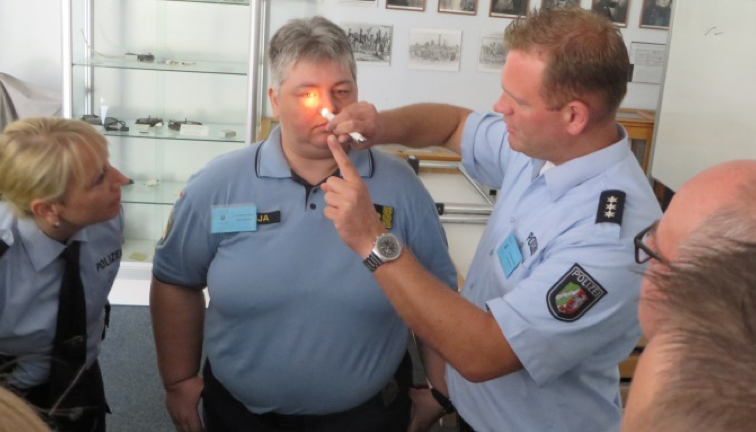
TISPOL's
Alcohol and Drugs operation ran in 28 countries from 4 to 10 June
inclusive, and was organised by the Operation Working Group (OPG) under
the leadership of the German TISPOL Office. Results show a significant
increase in the number of people caught drug-driving, compared with the
same week in 2017.
According
to the results, a total of 1,000,171 vehicle drivers were checked
throughout Europe. Of these, 12,112 vehicle drivers were found under the
influence of alcohol and 3,875 vehicle drivers were found under the
influence of drugs.
Although
the controls were mainly focused on the traffic safety, police officers
were also able to identify many criminal offences:
- 296 people were prosecuted for illegal stays
- there were 721 drug seizures
- 39 instances of weapon seizures
- 471 property offences were recorded
- 867 wanted persons were identified
Driving under the influence of drugs increased by almost 1,000 offences compared with the previous year.
Estonia
(13.68%), Croatia (4.57%), Slovenia (4.39%) and Germany (3.67%) have
the highest complaint rates (meaning the percentage of people controlled
for an alcohol or drug offence who provided a positive sample) , whilst
the most compliant drivers appear to be in Finland (0.26%), Hungary
(0.30%), Poland
(0.44%) and Sweden (0.98%).
Commenting
on the results, Volker Orben, Head of the German TISPOL Office and
Chair of OPG, said: "Following the so-called "integrated approach",
police officers have been keeping their eyes on crime offences while
stopping cars for the traffic checks.
"Recognition of driving under the influence of drugs depends a great deal on the training level provided for police officers.
"Drivers
aged 18 to 25, even if they are not consuming alcohol or using drugs,
are
often unaware of possible dangers. The use of drugs is played down,
although even the small amounts of narcotics already makes incapable to
drive.
It
is often not taken under consideration that the driving ability can be
impaired on long-term even when the drugs were consumed one or more
weeks ago," he added.
In order to promote better learning and
understanding in effective road policing, TISPOL promotes constant
exchange between its member countries. The German TISPOL Office offers
an annual one-week road policing seminar for colleagues from all over
Europe, organised by the German Police University of
Rhineland-Palatinate.
The 2018 TISPOL Conference takes place on Tuesday 9 and Wednesday 10 October at the Radisson Blu Hotel,
Manchester Airport.
Manchester Airport.
UK: average speed cameras 'are more effective', survey finds
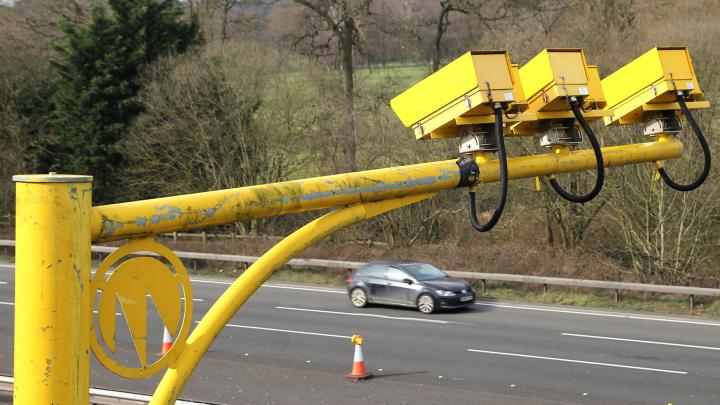
Nearly
80% of motorists believe average speed cameras play ‘a greater role in
road safety’ than traditional ‘one location’ cameras, according to a new
survey.
The
RAC survey of nearly 2,200 motorists, published on 29 June, found that
79% believe average speed cameras are better at slowing down vehicles –
compared with 9% who felt single location cameras were more effective.
While
70% of respondents felt traditional speed cameras were effective at
getting drivers to slow down at their specific location, 80% said they
made little difference beyond where they are sited.
86%
of respondents felt average speed cameras were either very or
reasonably effective – with only 12% describing them as not very
effective.
Finland: 25 per cent of young people know someone who has driven while on drugs

One
quarter of Finnish youths aged 15-20 said they personally know someone
who has driven while under the influence of drugs, according to a
new survey commissioned by the Road Safety Council.
The
survey was carried out by polling firm Kantar TNS and queried some 624
youth about their attitudes on driving under the influence of
intoxicants.
The
survey found that drugs play an increasing role in the lives of young
people, and according to the road safety council's planner Laura
Loikkanen, this development can also been seen on the
roads.
"The results
show that drugs have become a part of daily life of young people.
That's why it can be seen on the roads. It's always a very big risk
factor to drive while under the influence. It doesn't matter what drug
you're on - you have no business being on the roads in that condition,"
she said.
France reduces speed limits to combat road deaths
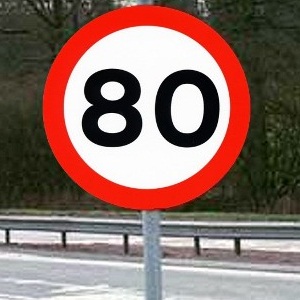
The
speed limit on French roads without a separating barrier has dropped
to 80 km/hr. The government has ignored motorists' protests, claiming
the measure will save up to 400 lives a year.
The
speed limit on two-way roads without a central reservation or barrier
has been lowered by 10km/hr just as French families prepare to leave for
the summer holidays and foreign tourists prepare to visit.
France now has some of the tightest speed limits on this kind of road in Europe.
Some 3,684 people were killed and 76,840 were injured in traffic accidents in 2017.
Deaths
on the road went down to a historic low in 2013 but soared again from
2014-16 and 55 per cent of fatal accidents were on the kind of roads
affected by the lower limit, according to the road safety authority.
The government will take stock of the measure's effectiveness in July 2020.
Croatia: motorway toll rates increase by around 10 per cent
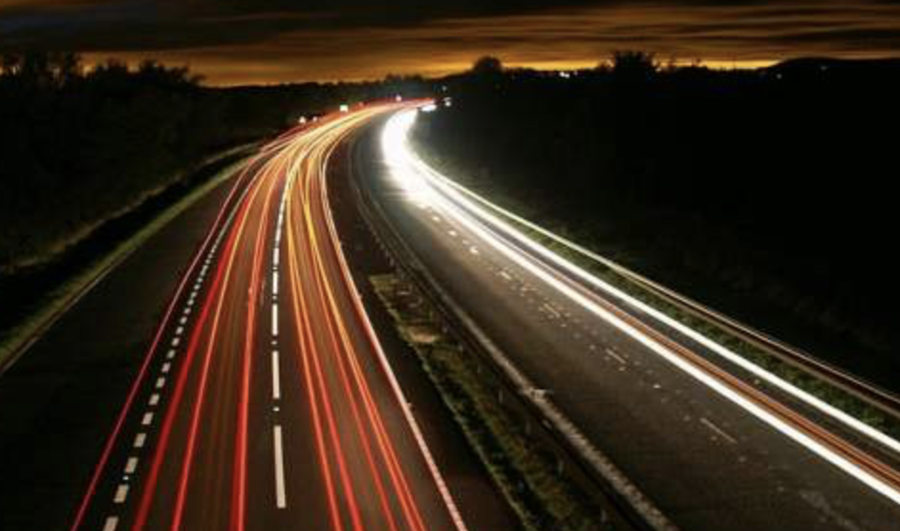
The
already expensive toll fees for Croatian motorways will be even more
costly this summer. The Croatian Motorways public company has announced
new higher prices, an increase similar to last year.
The
news was announced by the company in a statement in mid June. During
the summer period, the unit price of tolls for vehicles will increase by
around 10%.
The
seasonal toll tariff model which was introduced last year during the
summer months is the period of higher traffic intensity one of the
adopted measures for the
purpose of financial restructuring of the road sector companies.


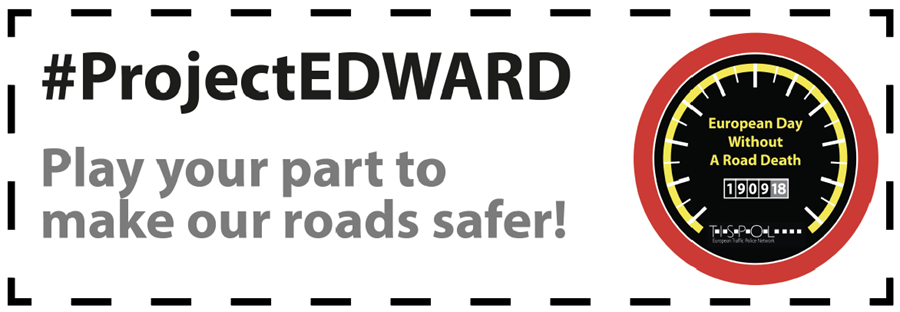
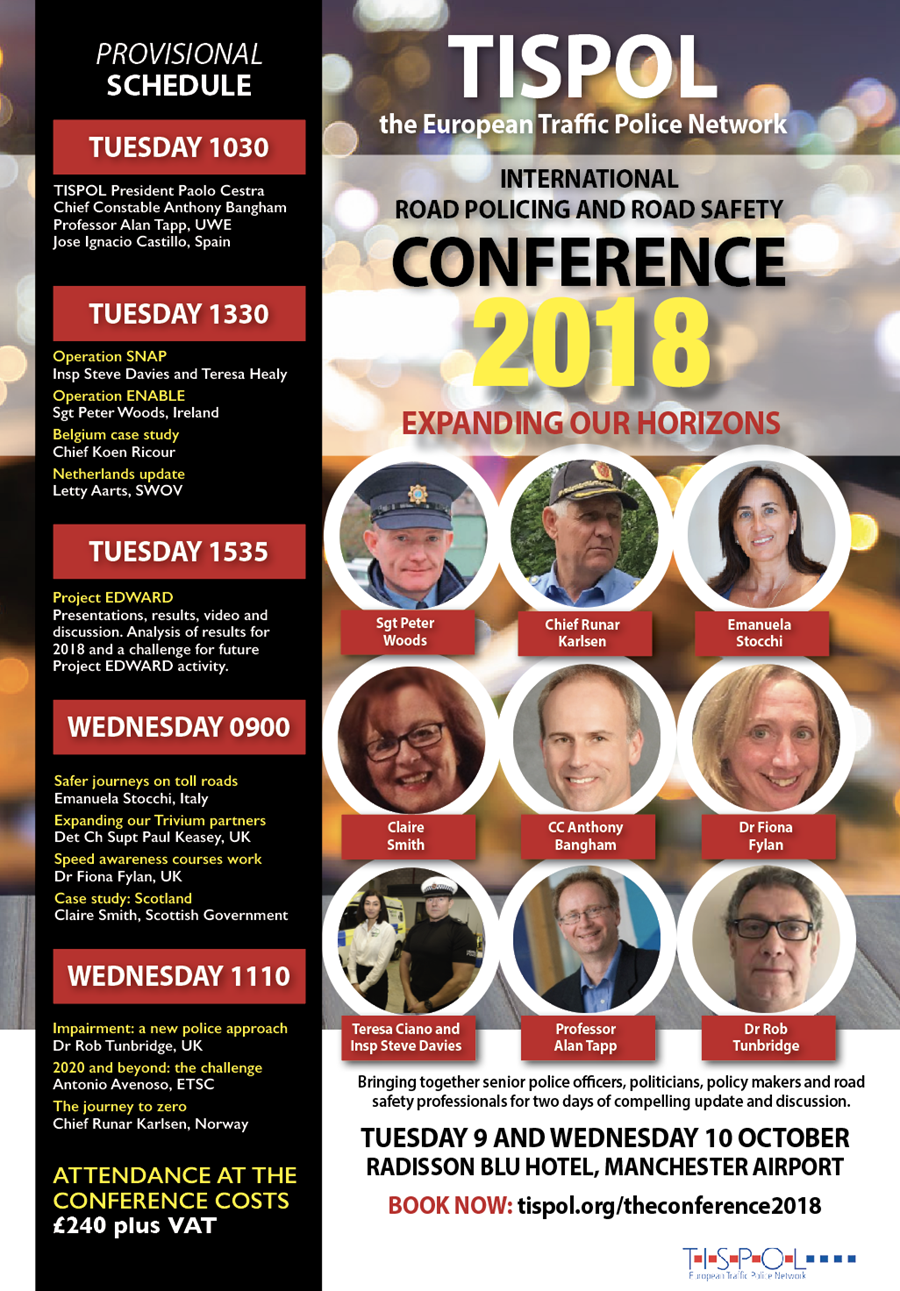
Δεν υπάρχουν σχόλια:
Δημοσίευση σχολίου